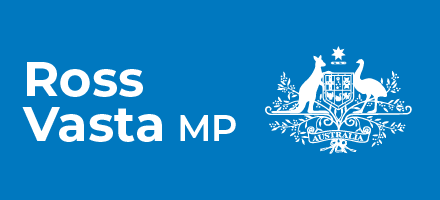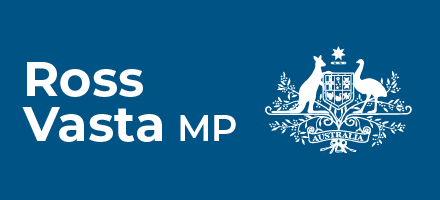It is with great pleasure that I rise this morning to give my full support to the recommendation that 45 volunteers from the Australian Volunteer Coastguard Flotilla, known as Coastguard Brisbane, receive the National Emergency Medal for their significant service to the community during the Brisbane flood crisis in January 2011. These 45 coastguard volunteers from Queensland Flotilla 2 were the first to respond to a call for help from the Brisbane Water Police when a flood emergency was declared in Brisbane and surrounding areas on 10 January 2011. They provided significant service in direct response to the flood emergency, protecting lives and property.
I feel that the significant service from 45 unpaid volunteers in direct support of the emergency flood response for the entire duration of the flood emergency in Brisbane and Ipswich clearly went beyond ordinary coastguard duties and therefore represents extraordinary service. The dedication and selflessness of these 45 volunteers from Coastguard Brisbane saved precious lives and I believe their actions to be those of true heroes. As the federal member for Bonner, I have no hesitation in throwing my full support behind these great people and wholeheartedly recommend that each member of Coastguard Brisbane who served our community so significantly during the Queensland flood emergency of January 2011 should receive the National Emergency Medal. They are Steven Allen, Darren Bennett, Neil Bensley, Craig Bowen, Mark Bray, Stephanie Bray, Paul Burchell, Kevin Condon, Rex Coombes, Steven Creevey, Greg Dyer, Jason Ferrari, Bruce Fleming, Steven Fleming, Gabe Giaccio, Mark Glover, Christian Hager, Shane Hall, Terry Heathcote, Daniel Hunt, Peter Liddle, Guy McEntyre, Allen Penman, John Philp, Brian Prescott, Peter Ratcliffe, Scott Rieck, David Richards, Michelle Richards, Aaron Riddle, Rhiannon Shaw, Harvey Shore, Stuart Smalley, Allan Tennent, Graeme Thompson, Malcolm Walker, Peter Walter, Shayne Whitlock, Owen Wills, Alana Wood and Don Young, as well as Lurlene Bowen, Ron Foster, Brian Lloyd and Beverley Tyrrell. Thank you again on behalf of the Australian parliament.


